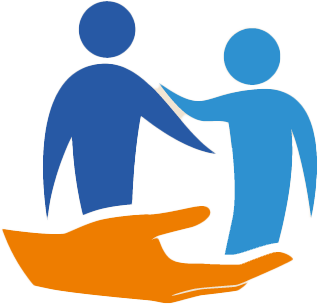World Patient Safety Day 2022
World Patient Safety Day 2022
World Patient Safety Day was enacted in May 2019 by the 72nd World Health Assembly (WHA) with the adoption of resolution WHA72.6 on ‘Global action on patient safety’ as a prerequisite for strengthening health care systems. Since then, World Patient Safety Day has presented an opportunity to enhance global understanding of patient safety, support global solidarity, and action in the quest towards achieving WHO’s vision of “A world in which, and everyone receives safe care, every time, everywhere”.
This year, for the fourth year in a row, we celebrate the Day with the theme of “Medication Safety” and under the slogan “Medication Without Harm”, with a call to action to “Know. Check. Ask”.
Campaign objectives
- RAISE global awareness of the high burden of medication-related harm due to medication errors and unsafe practices, and ADVOCATE urgent action to improve medication safety.
- ENGAGE key stakeholders and partners in the efforts to prevent medication errors and reduce medication-related harm.
- EMPOWER patients and families to be actively involved in the safe use of medication.
- SCALE UP implementation of the WHO Global Patient Safety Challenge: Medication Without Harm
What is medication error

Medication errors occur when weak medication systems and/or human factors such as fatigue, poor environmental conditions or staff shortages affect prescribing, transcribing, dispensing, administration, and monitoring practices, which can then result in severe harm, disability and even death.
Global burden
Medication harm is an urgent global public health concern, accounting for 50% of all preventable harm in health care. It also presents a huge global financial burden contributing to 9% of total avoidable costs due to suboptimal medicine use, or the equivalent of US$ 42 billion of global total health expenditure. A situation that has been further exacerbated by the COVID-19 pandemic.
Patients living in low-income countries experience twice as many disability-adjusted life years lost due to medication-related harm than those in high-income countries, despite a number of available interventions that could reduce the frequency and impact of medication errors. The level of implementation of these interventions varies between countries.
Critical numbers
Regional situation
In the Eastern Mediterranean Region, a research study conducted in selected hospitals found that therapeutic and medication errors accounted for 34% of the total number of adverse events. Data also show that up to 18% of hospital admissions in the Region are associated with severe patient harm due to management of care; 80% of these cases are preventable.
Delivering safe care and ensuring patient safety is more complex in emergency contexts, especially in countries in the Region that face conditions of insecurity, conflict and vulnerability.
Call for action
On World Patient Safety Day, WHO is calling for patients and families to be empowered in the safe use of medication and for all stakeholders to accelerate the actions needed to promote safe medication practices.
Governments, nongovernmental organizations, professional organizations, civil society, patient organizations, academia and research institutes, are urged to join the global campaign by lighting up iconic monuments in orange and organizing international, national and local activities and events on and around 17 September 2022.

Regional Director's message
This year, “Medication Safety” has been selected as the theme for World Patient Safety Day under the slogan “Medication Without Harm”, with a call to action to “Know, Check and Ask”. Medication harm accounts for 50% of the overall preventable harm in medical care, making it an urgent global public health concern. It also presents a huge global financial burden, contributing 9% of total avoidable costs due to suboptimal medicine use, or the equivalent of US$ 42 billion of global total health expenditure.
Medication errors occur when weak medication systems and/or human factors such as fatigue, poor environmental conditions or staff shortages affect prescribing, transcribing, dispensing, administration and monitoring practices, which can then result in severe harm, disability and even death.
Related links
Introducing the Patient Safety Friendly Hospital Framework









